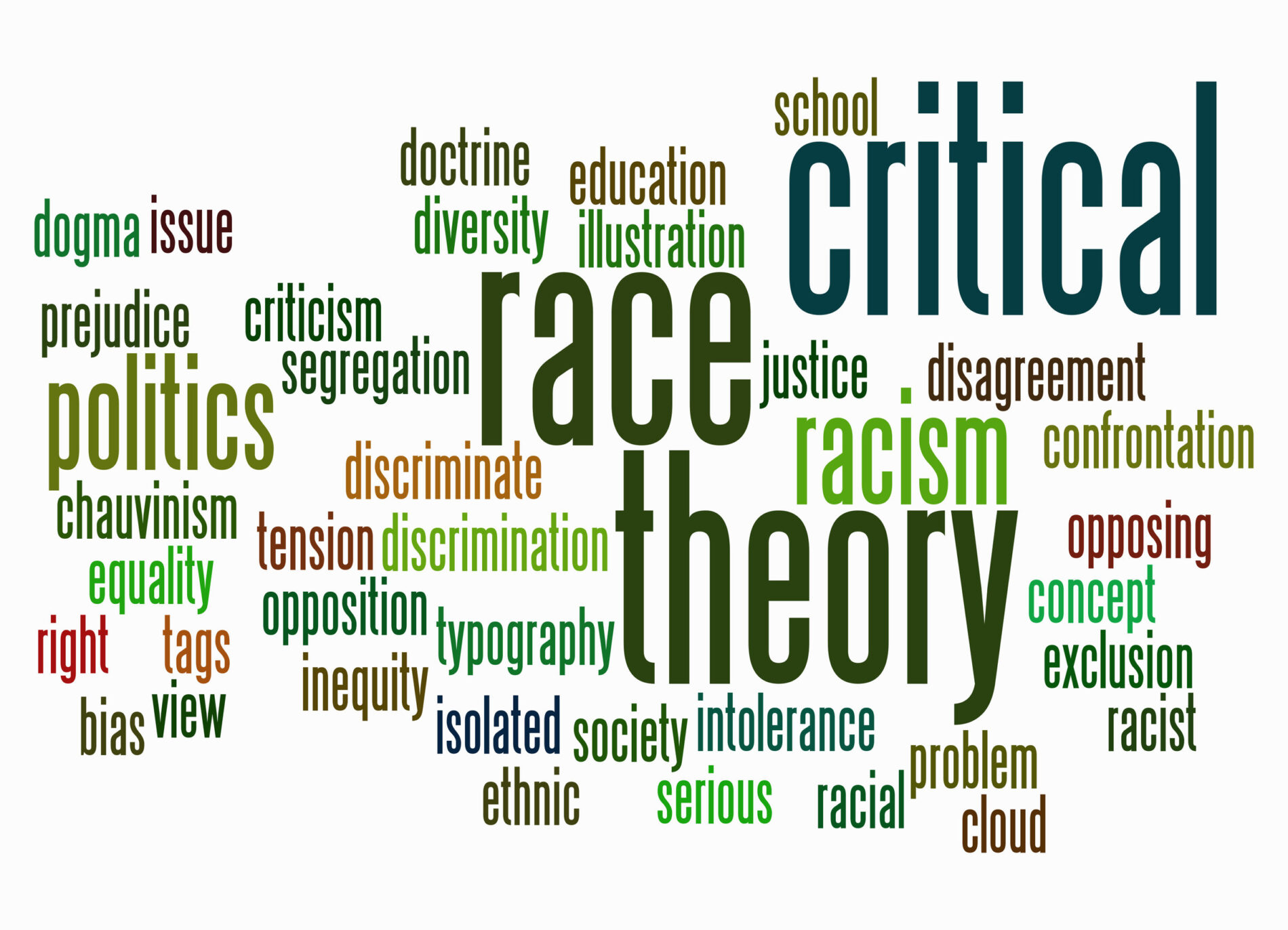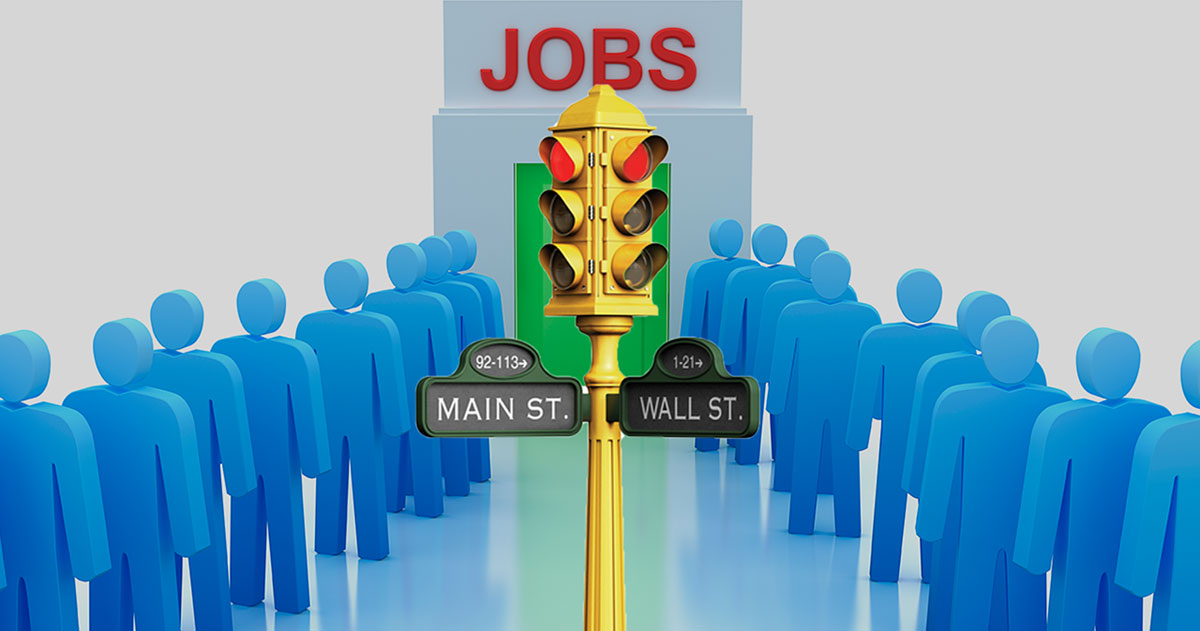In a stunning rebuke Wednesday, the Kansas State Board of Education declined to ratify Kansas Governor Laura Kelly’s executive order which would have delayed the start of the school year until after Labor Day.
During a two-hour meeting Wednesday morning, the board debated the merits of the shutdown extension and heard arguments from Kelly’s chief of staff as well as Kansas Department of Health and Environment Secretary Dr. Lee Norman, in favor of the order.
There was no testimony allowed against Kelly’s order, other than prepared statements by board members who ultimately voted no.
In the wake of the 5-5 vote — a tie meant that the executive order is not ratified — Kelly, a Democrat, issued a statement accusing the five board members who voted against her order of playing politics.
“The cases of COVID-19 in Kansas are at an all-time high and continue to rise. Our decisions must be informed by public health experts not politics,” Kelly said in the statement. “This vote puts our students, faculty, their families and our economy at risk.”
Kelly is quick to castigate those who disagree with her as being ‘political’ but for the record, three Republicans (Jim McNiece, Jim Porter, and Kathy Busch) joined two Democrats (Janet Waugh and Ann Mah) in voting for Kelly’s order. Those voting against Kelly were all Republicans (Steve Roberts, Michelle Dombrosky, Jean Clifford, Deena Horst, and Ben Jones).
The science
Interestingly, public health officials are not in lockstep on keeping schools shut down.
According to The Financial Times of London, one of the United Kingdom’s top health officials and a world-class epidemiologist, there is not one recorded case of a teacher catching the coronavirus from a student — not just in the UK — but anywhere in the world.
“Mark Woolhouse, a leading epidemiologist and member of the government’s Sage committee, told The Times that it may have been a mistake to close schools in March given the limited role children play in spreading the virus.”
Moreover, four professors at the Harvard School of Public Health — hardly a conservative bastion — said it’s time to reopen schools in an opinion piece in the Boston Globe.
“Prolonged time away from schools has led to months of lost learning and widened gaps in educational achievement, especially for some students of color and those in lower-income households. Adding months more to this toll will be an educational disaster that some children may never recover from. School closures also threaten some children’s safety, due to increased child neglect, hurt children’s mental health, and keep many from getting enough to eat,” Benjamin Sommers, Joseph Allen, Sara Bleich and Jessica Cohen said — arguments in line with the Sentinel’s own reporting.
They noted that science simply does not support Kelly or Norman’s contention that children’s lives are being risked by reopening schools to in-person education.
“Multiple studies show that children are not only less likely to become seriously ill from COVID-19, they are also only half as likely to get infected in the first place. Overall, the rate of infection requiring hospitalization among US school-age children (5 to 17) since the beginning of the pandemic through July 4 was roughly 1 in 20,000,” they wrote. “What about the risk to teachers and staff? Again, listen to the science. A report led by the former head of the Centers for Disease Control and Prevention under President Obama concluded that children appear less likely than adults to transmit COVID-19 to others — unlike other viruses like influenza — though this evidence is still limited and preliminary. Studies examining schools with known cases of COVID-19 have shown low transmission rates — for instance, in one case, just two students and no teachers infected out of 863 close contacts. Others show zero confirmed infections even among teachers and students who sat in the same classroom with a symptomatic child.”
The vote
Interestingly, despite nearly all the state board members at least paying lip service to local control of schools, District 1 member Janet Waugh said “local control shouldn’t include pandemics.”
Ann Mah repeated Waugh’s slap at local control, but neither of them explained why only state officials are capable of making these decisions.
However, District 6 member Deena Horst noted that many rural counties are showing very low case counts — or no cases at all — and felt a one-size-fits-all solution was inappropriate.
“(The EO) strips elected boards of education of their statutory authority,” she said.
Feedback and fallout
All the members noted they had received feedback quite literally running to thousands of pages from districts, superintendents, and parents.
Included in that feedback was a letter from Kansas Chamber of Commerce President Alan Cobb.
“The Chamber has heard from many chamber members concerned about this delay for multiple and valid reasons,” Cobb wrote. “Chief among their concerns are the negative impact keeping students out of the classroom for another three to four weeks will have on their education as well as the governor attempting to override the local control of school districts.”
The failure of Kelly’s executive order does not mean schools must open before Labor Day, merely that they may. Local boards of education are now free to look at conditions on the ground and determine what makes sense for their districts.
The vote has no effect on a separate executive order EO 20-59 — which requires masks for all students and staff except for specific situations, hand sanitizer in every classroom to be used at least once an hour, six-foot social distance rules, and temperature checks for anyone entering school buildings — all things health professionals are recommending.



